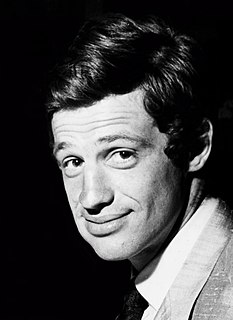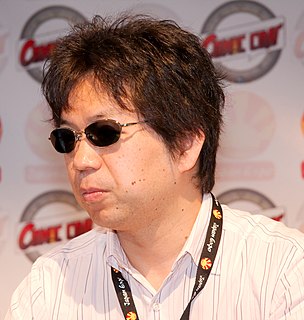A Quote by Jean-Paul Belmondo
After the liberation of France, I went to the movies all ihe time.
Quote Topics
Related Quotes
What I think I'm perceived as in France is, like, I'm this leading man always doing strange movies because most of the movies I did, like 'Irreversible' or 'Brotherhood of the Wolf' and a bunch of others, and even in France, they always come out as a particular movie, not like the typical French kind of movies that people know most of the time.
In that first national election after 9/11 in France, Jean-Marine Le Pen did not win the presidency, but he did get to the final round. He was in the general election. Now, this week, in the first national elections in France after what many people have been calling the French 9/11, the attacks in Paris three weeks ago, this time it`s Jean-Marie Le Pen`s daughter, Marine Le Pen and the National Front, which is still a far right pseudo-
fascistic party, they came in first place in France.
For myself, as, no doubt, for most of my contemporaries, the philosophy of meaninglessness was essentially an instrument of liberation. The liberation we desired was simultaneously liberation from a certain political and economic system and liberation from a certain system of morality. We objected to the morality because it interfered with our sexual freedom.

































